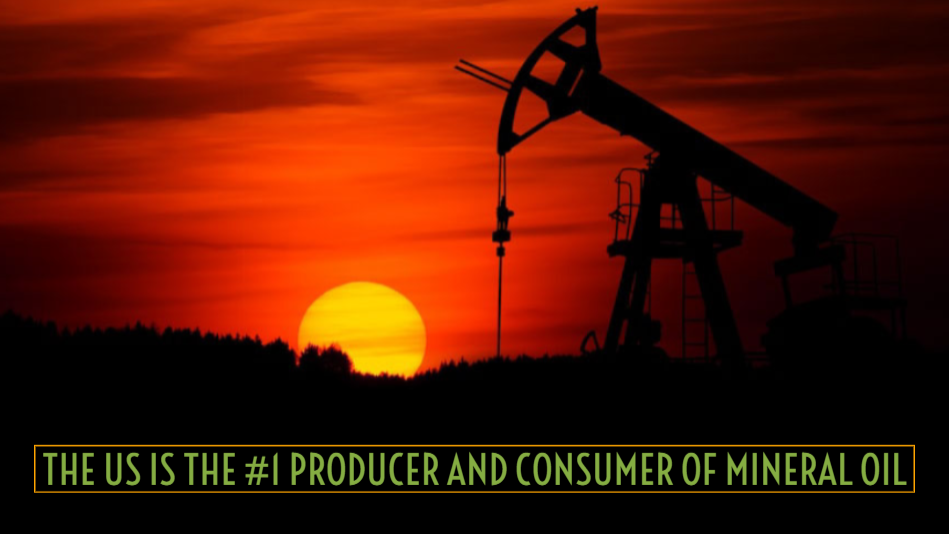Different types of mineral oils are everywhere in daily life, from baby oil, engine lubrication oils to high viscosity oils and many more. In fact, the United States is the world’s number one producer and consumer of mineral oil, representing an 18% share. This basic guide to high viscosity oils will help you understand where they’re used and what makes an oil count as high-viscosity.
What Does High Viscosity Mean?
Generally speaking, viscosity refers to the thickness of a liquid. This quality impacts how the liquid moves and flows, as well as what it can be used for. High viscosity liquids are thicker, such as syrup, while low viscosity liquids are thinner, like water. The chemical makeup of a liquid determines its viscosity, as well as defining potential applications. High viscosity oils refer to higher molecular weight (longer molecules), lower volatility oils that are thicker than others.
How Are High Viscosity Oils Used?
While many people think of oils as a cooking ingredient or as motor oils, high viscosity oils are used in more specialized applications. The advantage of high viscosity oils is that they have longer molecules and higher boiling point which means that they stay where they are put. Lighter oils evaporate in high-temperature applications like baking or as automotive soft-touch interior components. Using high viscosity oils mean that the soft-touch parts remain soft because the oil remains in the parts even through years of high-temperature use (think hot summer interiors of cars). Another excellent application for high viscosity oil is as a grease component that can handle heat.
High viscosity white oils can also be used to create food-grade items. The superior stability of the high viscosity white oil and its long molecules reduce migration to the surface of rubber-like plastic parts that can be used for food contact.
Windmill bearing lubricants are a specialty lubricant application that requires high viscosity where normal mineral oils with viscosity boosting additives may not perform as well as naturally higher viscosity mineral oil.
What About Low Viscosity Oils?
Low viscosity oils also play their part in manufacturing and nearly every industry. Mineral oil applications can include acting as a mold release agent, a catalyst carrier oil, dust control, a pigment dispersing agent and more.
For example, low viscosity oils are essential in metal rolling, oil drilling and manufacturing many food-grade items. However, the potential applications determine what viscosity is needed. While low viscosity mineral oils are an essential part of many operations, their uses differ from those of high viscosity oils.
Understanding the differences between high viscosity oils and low viscosity oils can be helpful in selecting the right oil for your industrial needs. For more information on premium and food grade mineral oils, including high viscosity white oils that are right for you and your company, contact Renkert Oil today.

